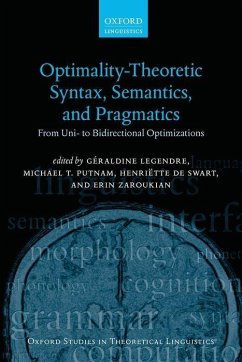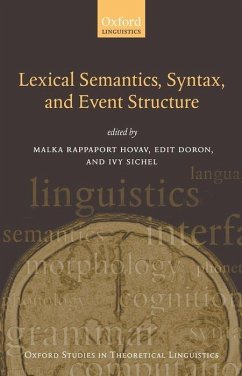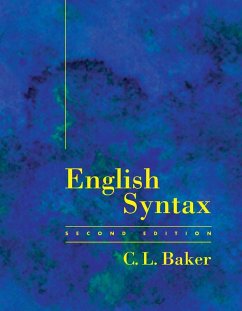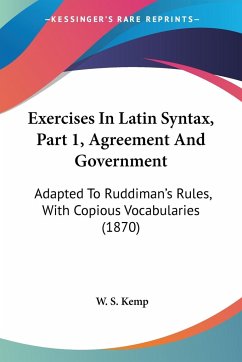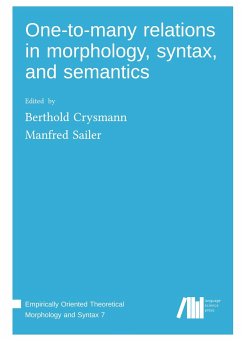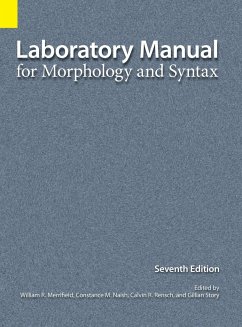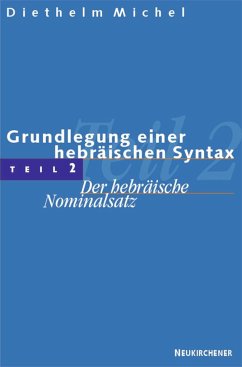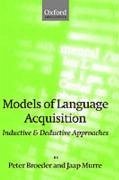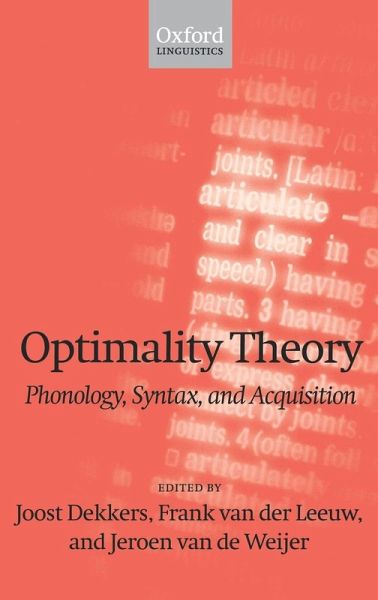
Optimality Theory; Phonology, Syntax, and Acquisition
Versandkostenfrei!
Versandfertig in 1-2 Wochen
126,99 €
inkl. MwSt.

PAYBACK Punkte
63 °P sammeln!
Optimality Theory has revolutionized phonological theory, and its insights are now being applied to other central aspects of language. With contributors that include the leading researchers in the field, this book presents the first fruits of such research as applied to syntax and to language acquisition, as well as considering the main lines of attack on OT by rule-based grammarians. Essential reading for linguists at graduate level and above.



